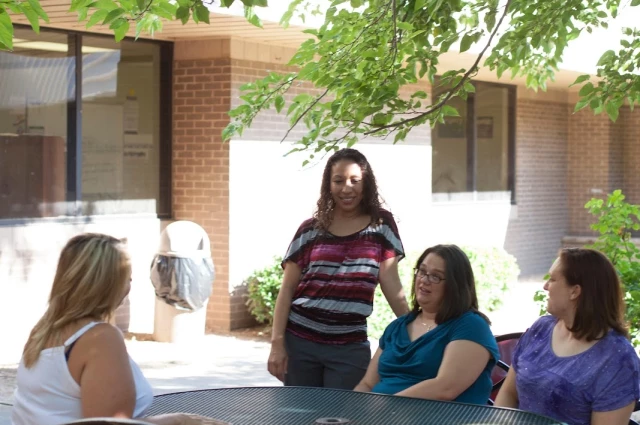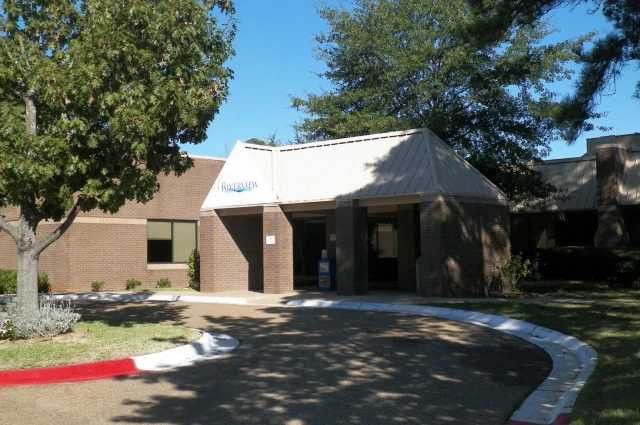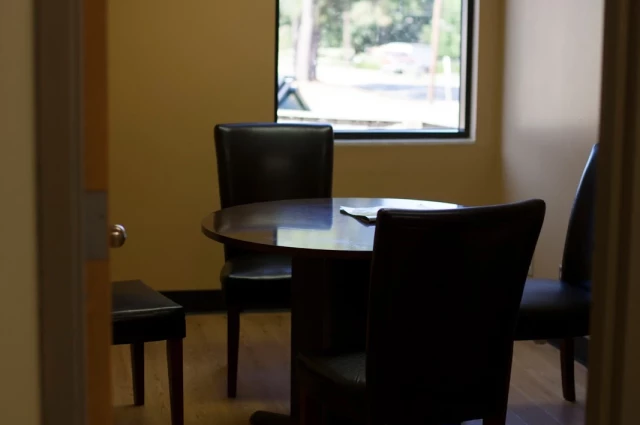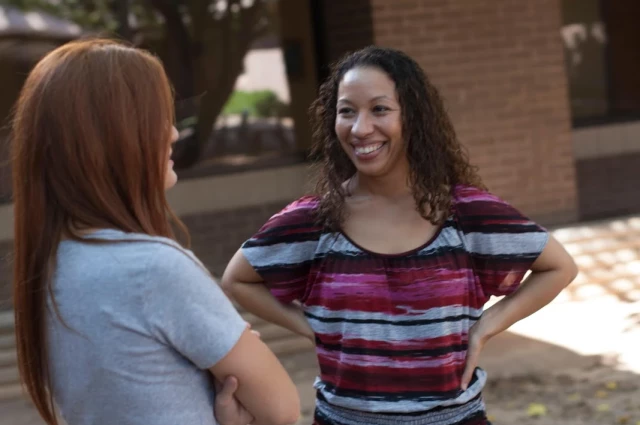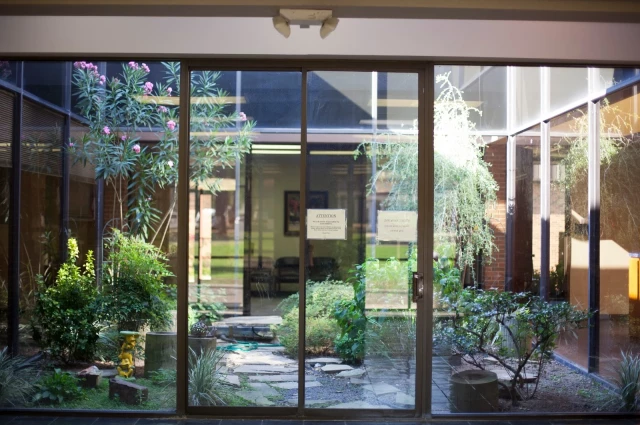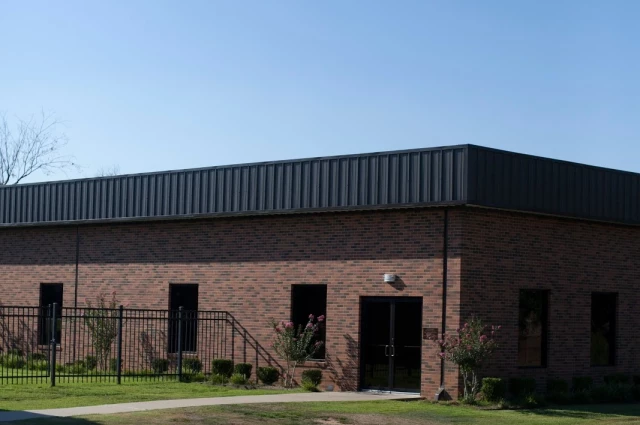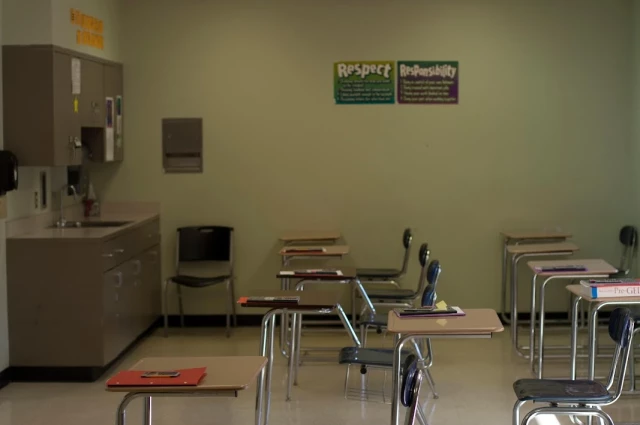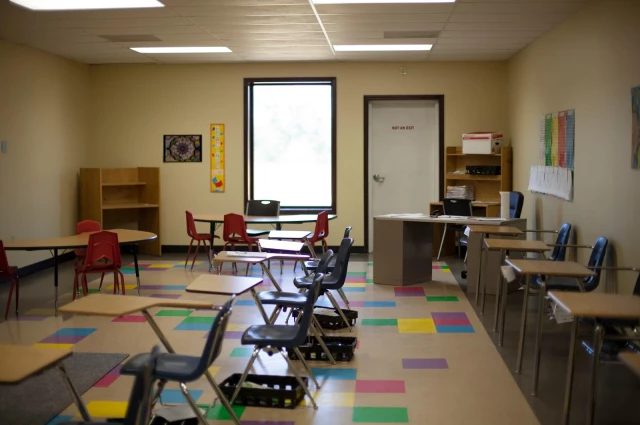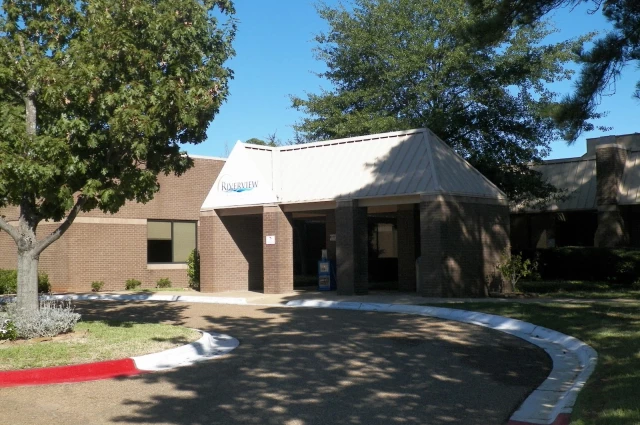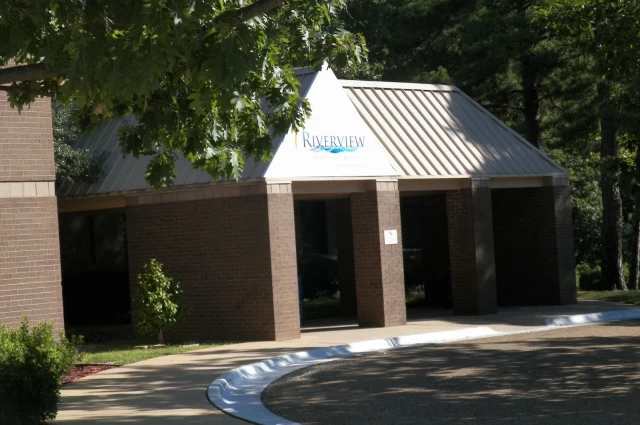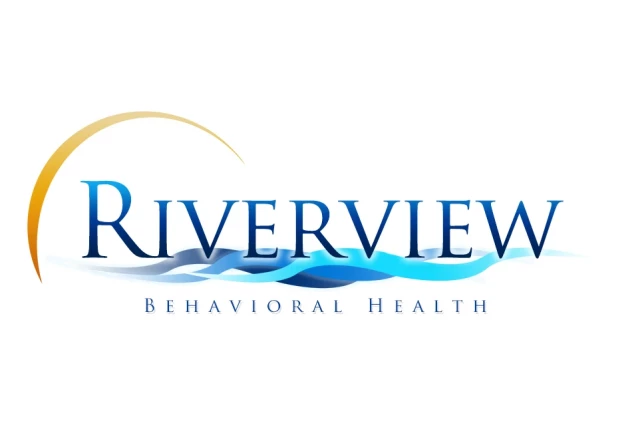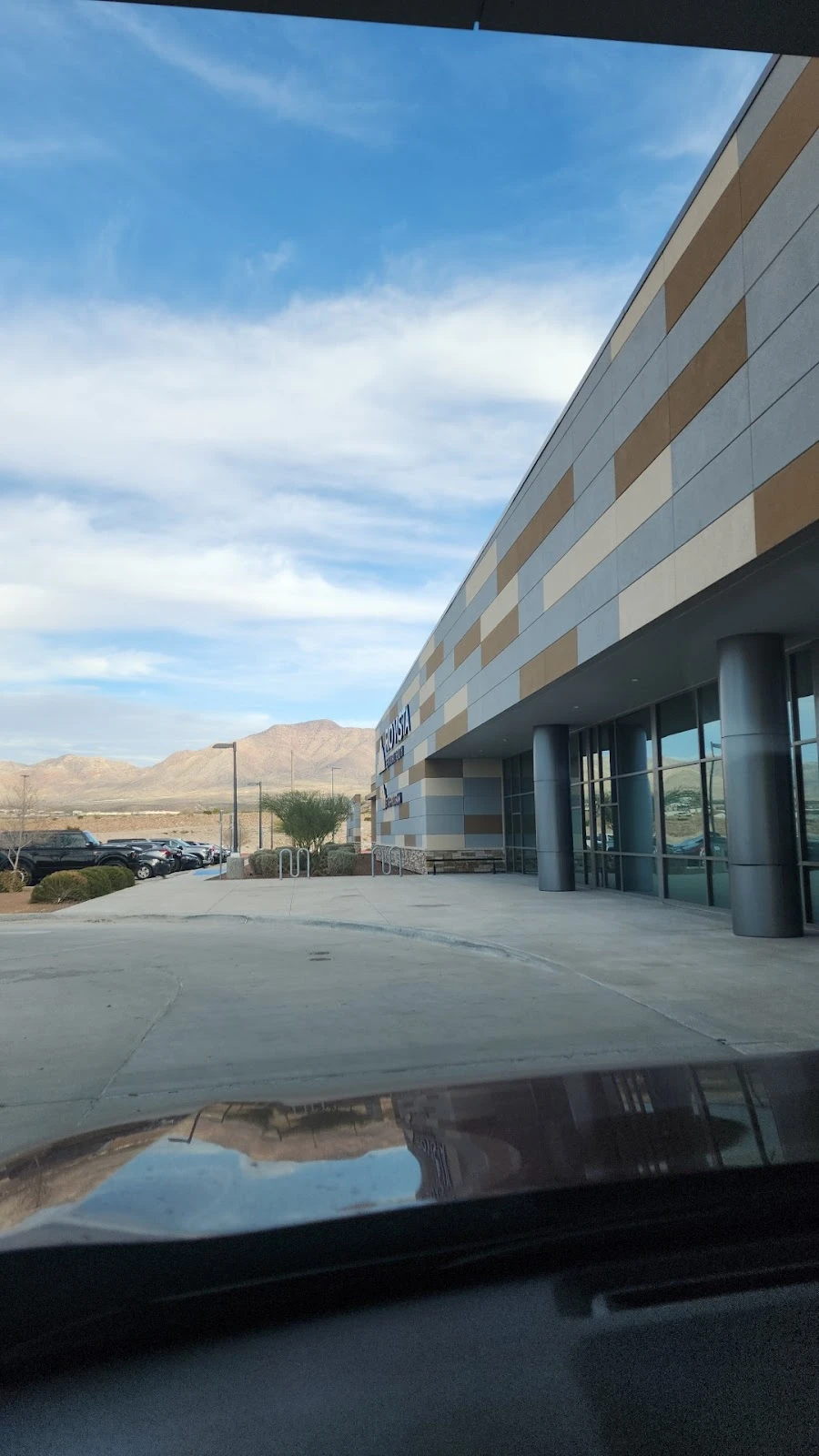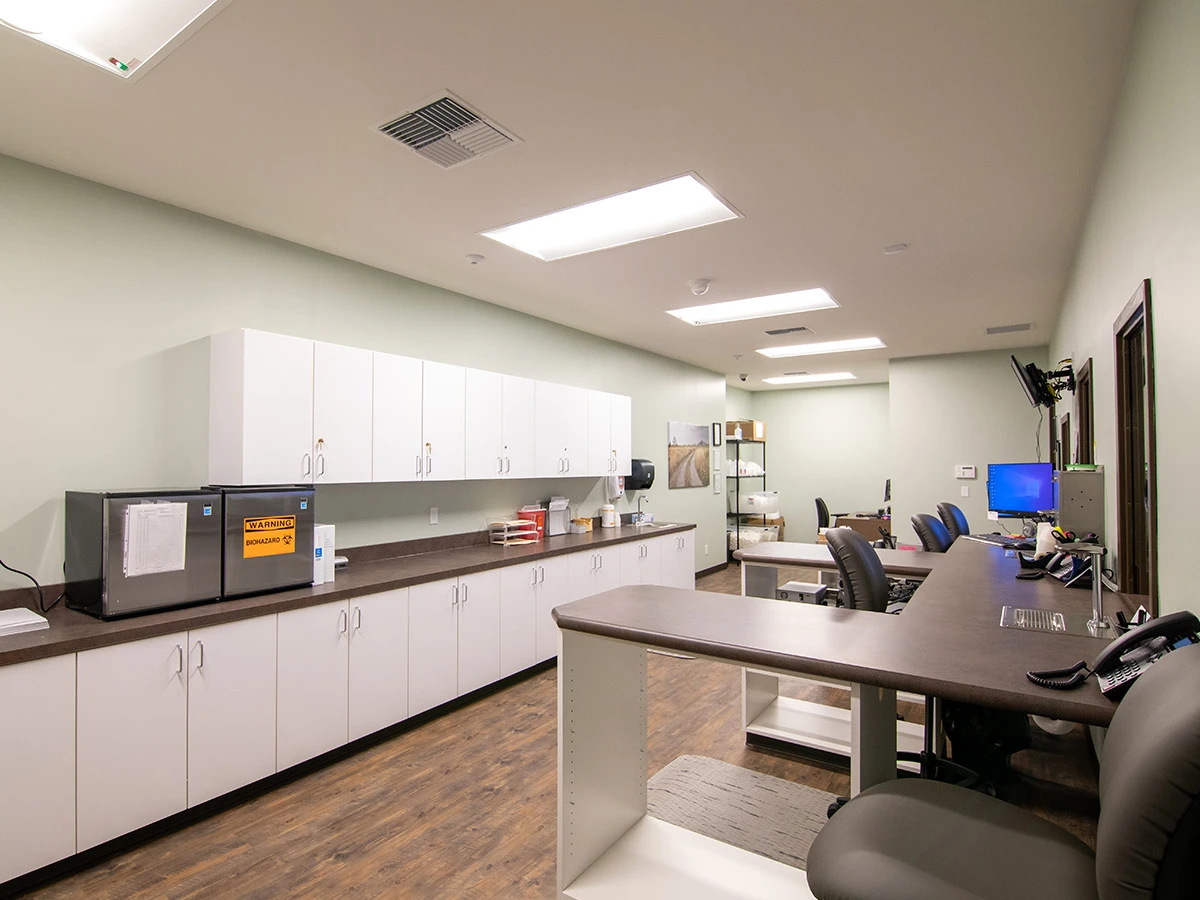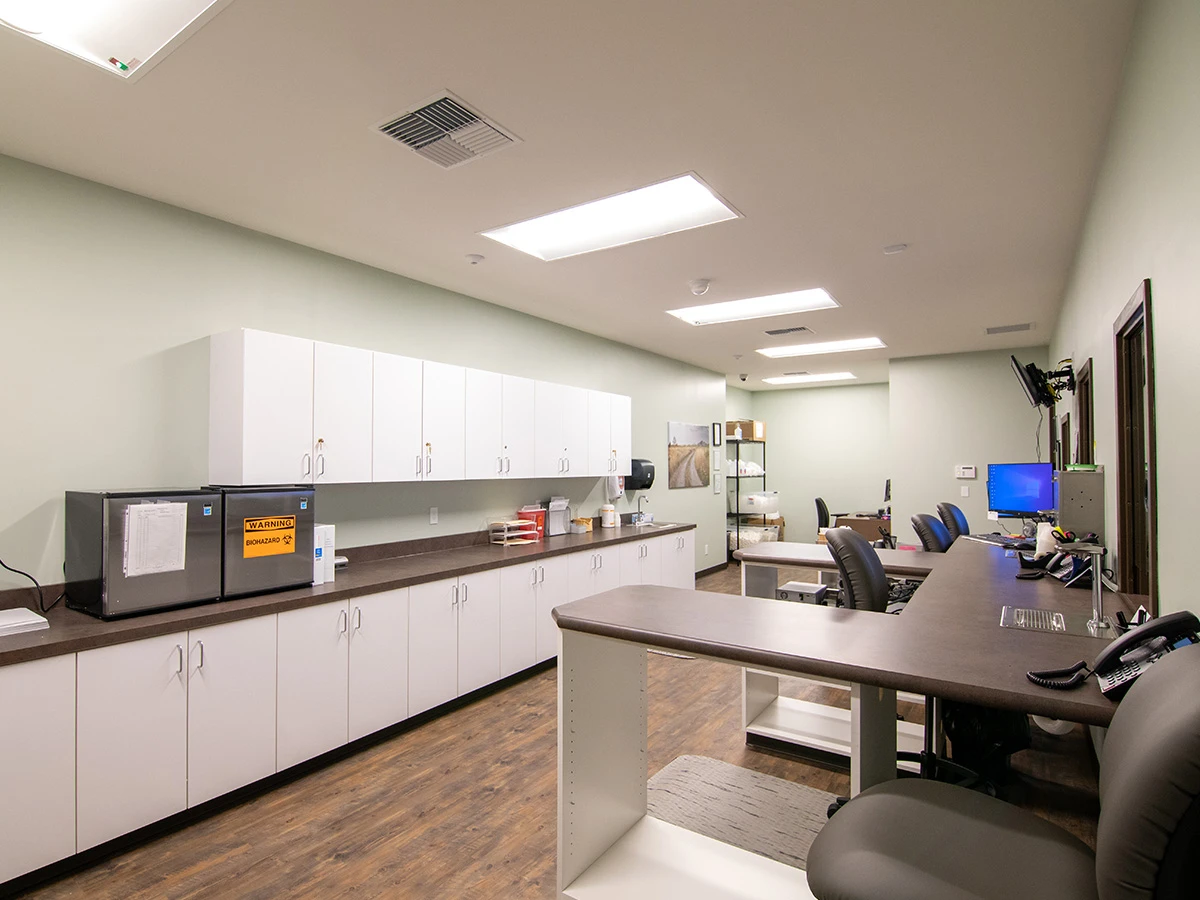Riverview Behavioral Health, a 62-bed hospital in Texarkana, Arkansas, provides mental health care to those aged 12 and above. The institution provides a wide range of comprehensive mental health treatments, including acute inpatient care for both adolescents and adults, and treats a variety of mental health illnesses. The program is not gender or faith-based, making it accessible to a varied community.
Riverview offers several programs, including a medical detox program, an acute inpatient treatment for adolescents and adults, and an intensive outpatient program (IOP). Treatment options include group therapy (both educational and process-based), individual and family therapy, Cognitive Behavioral Therapy (CBT), Dialectical Behavior Therapy (DBT), and medication management. Additionally, experiential therapies such as art and leisure therapy are available. As the region's only full-service mental health clinic, Riverview distinguishes itself by offering a confidential, supportive environment backed up by a multidisciplinary team of mental health professionals. The hospital is accredited by The Joint Commission, which ensures a high level of care.
Riverview Behavioral Health Hospital Information
Treatment
Who We Treat
- Children
- Teens / Adolescents
- Adolescents
- Male and Female
Treatment Focus
- Schizophrenia
- Adolescents
- Children
- Alcohol
- Depression
- Drug Addiction
- Opioids
- Suicidality
Approaches
- Personalized Treatment
- Evidence-Based
- Family Therapy
- Group Therapy
- Trauma Informed
- Cognitive Behavioral Therapy (CBT)
- Dialectical Behavior Therapy (DBT)
- 1-on-1 Counseling
- Relapse Prevention Counseling
Conditions We Treat
- Depression
- Anxiety
- Bipolar Disorder
- Post Traumatic Stress Disorder (PTSD)
- Psychosis/Schizophrenia
- Suicidal Thoughts
- Self-Harm
- Schizophrenia
- Suicidality
- Bipolar
- Co-Occurring Disorders
Substances We Treat
- Alcohol
- Benzodiazepines
- Opioids
Languages
- English
Aftercare
- Discharge Planning
- Intensive Outpatient Program
- Outpatient Treatment
- Medication Assistance
Level of Care
- Outpatient
- Intensive Outpatient Program (IOP)
- Day Treatment
- Outpatient Detox
- Detox
Experience
On-Site Amenities
- Air-Conditioned Rooms
Personal Amenities
- Private or Shared Rooms
Accreditations
-
The Joint Commission
The Joint Commission's addiction and behavioral health accreditation signifies a facility's commitment to high-quality care. It involves rigorous evaluations and assessments of clinical practices, ensuring effective, evidence-based treatment. Accreditation showcases a dedication to continuous improvement and patient safety, instilling trust among patients, families, and healthcare professionals. It's a mark of excellence in addiction and behavioral health care.

-
State department of health
Government agencies issue State Licenses, granting rehabilitation organizations permission to operate their businesses lawfully within specific geographic regions. The specific licenses needed for legal operation are typically determined by the type of rehabilitation program offered by the facility and its physical location.

Additional Locations
Riverview Behavioral Health Hospital Accepts The Following Insurance Plans
Find the best treatment options. Call our free and confidential helpline today!
